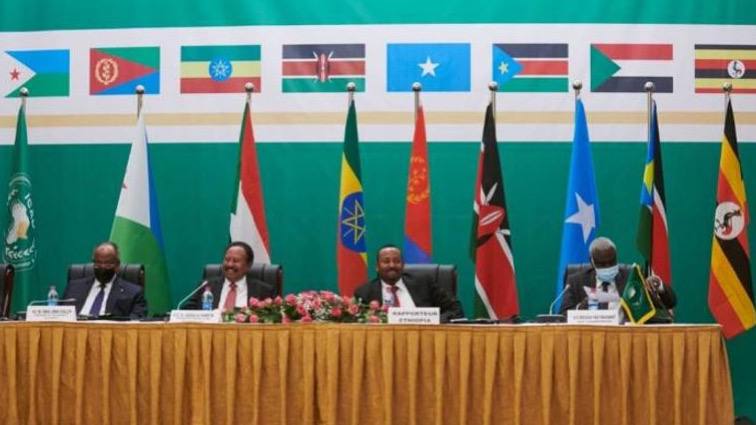Djiboutian President Ismail Omar Guelleh has called on IGAD members to hold an extraordinary summit in Uganda next weekend to discuss the situation in Sudan and the dispute between Ethiopia and Somalia.
IGAD is intensifying its pressure on the parties to the military conflict in Sudan to sign a cessation of hostilities agreement that contributes to the delivery of humanitarian aid to those affected by the conflict, as part of regional and international efforts aimed at stopping the fighting in the expanding Sudan.
The organization had approved during an emergency summit held on December 9 to hold a joint meeting between the commanders of the army and the rapid support within two weeks, but the move was not possible for reasons described by Djibouti as technical before setting mid-January a new date for the meeting of Burhan and Hemedti.
According to a statement issued by the Djiboutian Foreign Ministry, the President of the current session of the Organization “IGAD” and the President of Djibouti, Ismail Omar Guelli, invited member states and international partners to an extraordinary summit in Uganda next Thursday, January 18.
He pointed out that the summit will discuss developments in the situation in Sudan in light of the ongoing fighting between the army and the Rapid Support Forces for about nine months, and it will also discuss the dispute between the countries of Ethiopia and Somalia.
Relations between Somalia and Ethiopia soured after Addis Ababa signed an agreement with Somaliland President Musa Bihi Abdi, who has sought secession from the Federal Republic of Somalia since 1991.
Under the agreement, Ethiopia will have a 20-square-kilometer seaport off the coast of the secessionist region for 50 years, which will be used as a commercial port and base for the Ethiopian navy, while allowing Ethiopia to use the port of Berbera, located on the shores of the Gulf of Aden at the entrance to the Bab al-Mandab Strait, for trade purposes.
Abdi said the agreement includes Ethiopia’s recognition of the region as an independent state, the first official recognition in the world.
The deal sparked widespread anger in Somalia at all levels, with street demonstrations demanding the cancellation of the agreement.
The Somali government rejected the agreement and issued a statement that it considered without legal basis and a flagrant attack on the sovereignty of Somalia and announced the recall of its ambassador to Addis Ababa for consultations, while the United Nations, the Arab League, the Organization of Islamic Cooperation, the European Union and the IGAD bloc called for an emergency meeting to discuss the Ethiopian intervention.
Somalia’s president, Hassan Sheikh Mohamud, said no one could dispose of an inch of Somali territory.
